Minister confronts grade-race and perfectionist culture in his vision for universities

Tommy Ahlers, the Minister for Higher Education and Science presnted his vision for the university educations at CBS Monday 17th September. (Photo: Mette Koors)
Remove the 1.08-grade bonus and change the admission system. These proposals are part of a new initiative that Tommy Ahlers, Denmark’s Minister for Higher Education and Science, presented at CBS on September 17. Overall, the President of CBS Students is positive about the initiative, but the minister cannot change the students’ focus on grades alone, he says.
Tommy Ahlers, the Minister for Higher Education and Science, presented at CBS on Monday September 17 his vision of how university education ought to be in the future.
The minister wants, among other things, to change the admission system and make it less focused on grades. He wants to prioritize teaching and feedback, and he wants to extend the legal claim to three years as a way of giving students more flexibility and closer ties to the business sector. All with one goal in mind.
“We want to shift away from the scramble for best grades, and we want to curb the perfectionist culture,” said Tommy Ahlers at the presentation.
One of the first things the minister wants to do is to bring all of the political parties together to discuss the removal of the 1.08-grade bonus. The bonus is given to high school students if they start a university degree within two years after graduation. This bonus has made it possible for university courses to have entry requirements that bust the 7-point grading scale. Like the International Business program at CBS.
Another way to reduce the focus on grades is, according to Tommy Ahlers, to change the admission system.
Today, 90 percent of new university students are admitted through quota 1, which solely looks at grades. But Tommy Ahlers wants to give universities incentives to admit more students through quota 2, which takes other factors into consideration – like work experience – if the grades fall short for admittance through quota 1.
Jeppe Ask Tofteskov, President of CBS Students, is positive about the new initiatives. The possible removal of the grade bonus and the three-year extension of the legal claim, which makes it possible for students to work after their bachelors and return to university to finish their masters, are particularly welcome.
“We have worked a long time to get the legal claim changed. We find that students want a break after their bachelors to figure out how they want to continue. That’s really difficult today, so I’m happy that it is now being changed,” he says.
But Jeppe Ask Tofteskov does not believe that the minister will succeed in changing the perfectionist culture. At least not on his own.
“Removing the 1.08-grade bonus is a good place to start and a step in the right direction. But it is not going to change everything. You will still have programs with sky-high entry requirements close to 12,” he says.
Quota 1 or 2?
Although Jeppe Ask Tofteskov is positive about the initiative from Tommy Ahlers, he is concerned.
Tommy Ahlers mentioned that the admission through quota 2 could include a test. He did not mention what kind of test, but Jeppe Ask Tofteskov is worried that it might be something close to an IQ test.
“Having these kinds of tests does not create opportunities for other kinds of students, it is reproducing the same patterns as high school grades,” says Jeppe Ask Tofteskov.
He is also worried that the requirements for quota 2 will make students focus too much on specific requirements, which in the end won’t tone down the perfectionist culture:
“My hope is that the minister will take a critical look at the different admission systems before he chooses,” he says.
During the presentation, which was divided into three sections: admission, studies and post-graduation, Tommy Ahlers presented the idea of a one-year masters program for students who want to fast-track into the job market. But that idea has its flaws, points out Jeppe Ask Tofteskov.
“This is an unfortunate development, as it offers students less education when we want more. This should not be a substitute for the standard two-year masters degree. Instead, I think we should talk about making it possible for students to apply for funding for the HD-programs and our MBAs,” he says.
In general, Jeppe Ask Tofteskov is positive about the execution of the different initiatives:
“Most of the initiatives are realistic. It’s mostly about changing existing systems. But I didn’t hear him mention anything about funding when it comes to incorporating more feedback or increasing the number of class hours where it’s needed,” he says.




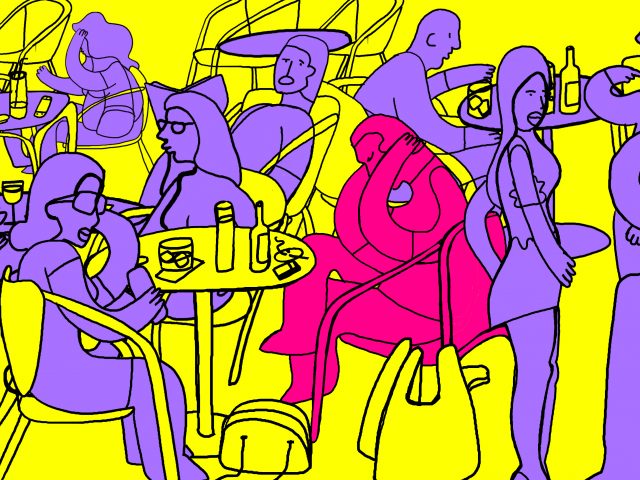
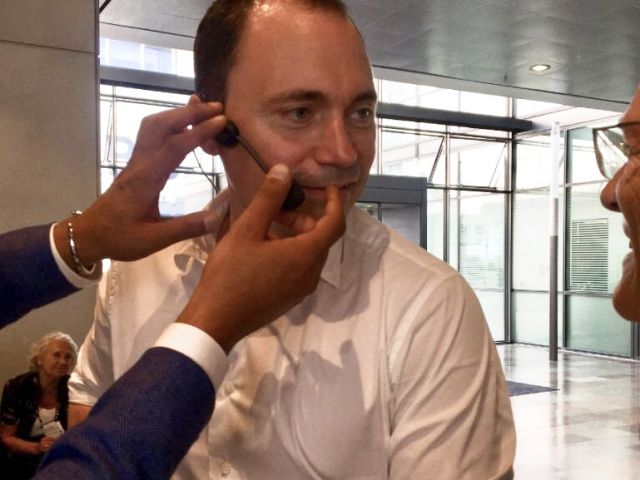
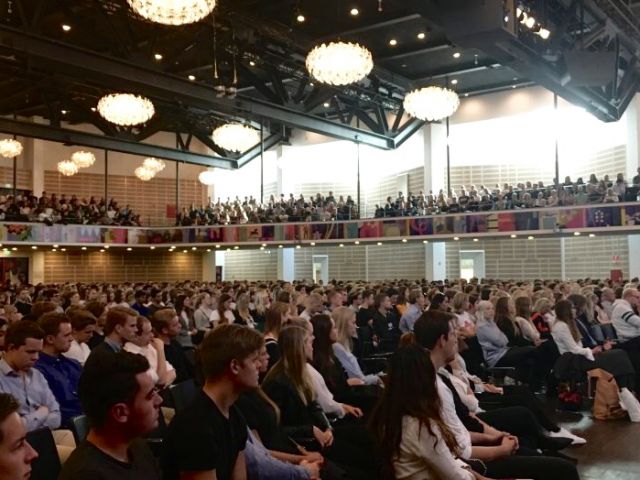

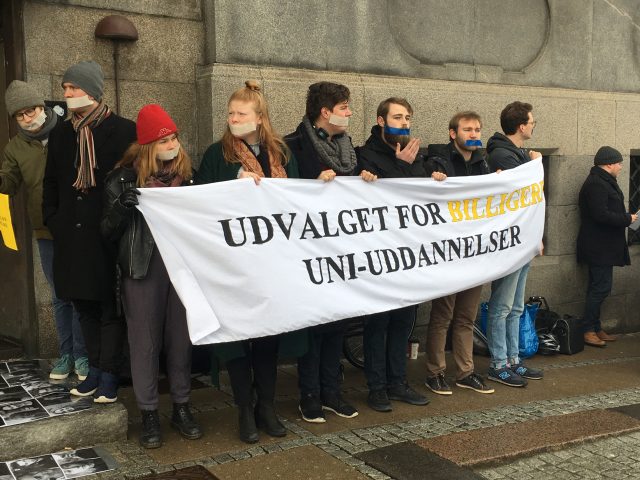
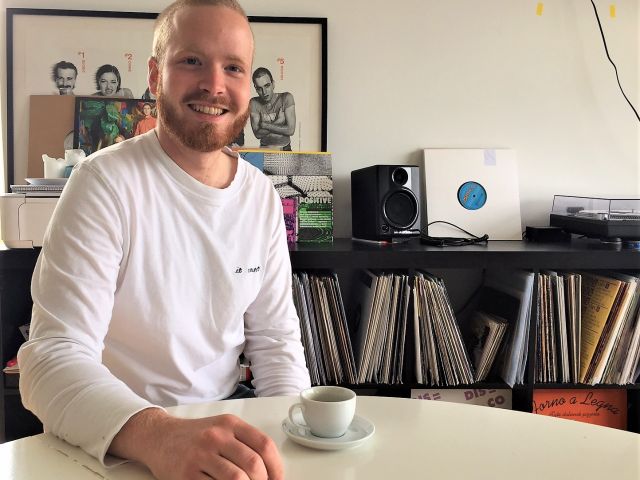
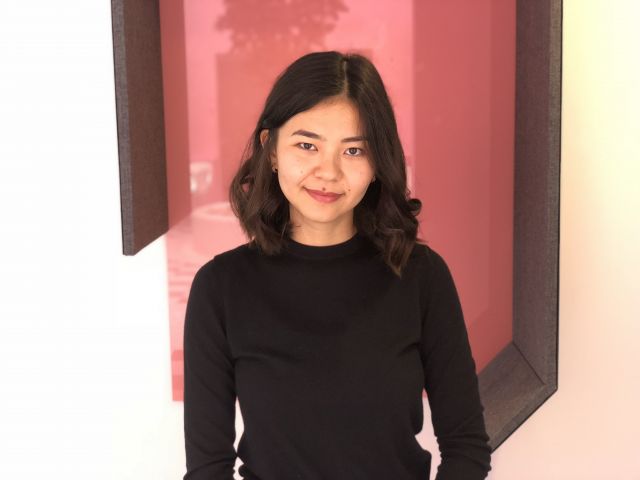




























































































































Comments